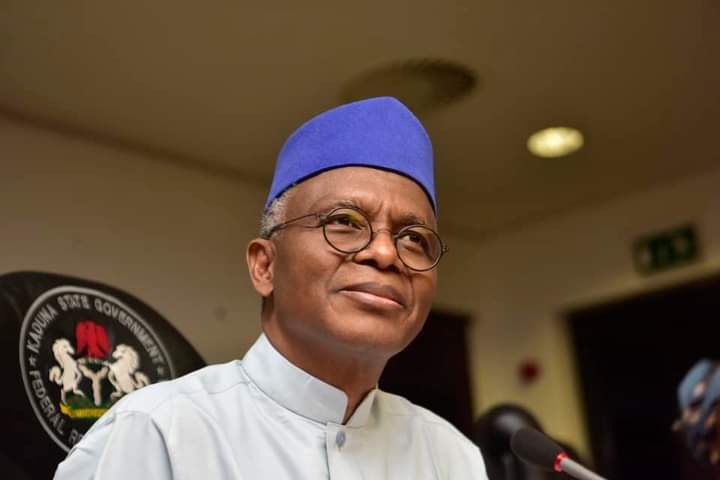Removing fuel subsidy may cost Nigeria’s next president second term, says El-Rufai
2 min read
Governor El-rufai
The Kaduna State governor, Nasir El-Rufai, said Nigeria’s next president must be willing to take tough decisions that would permanently address fuel subsidy and foreign exchange challenges, saying that such a decision could cost his second-term ambition.
Mr El-Rufai stated this during a panel discussion at the launch of the World Bank Nigeria Development Update and Country Economic Memorandum on Thursday in Abuja.
According to him, although the decision would lead to mass suffering in the country, such a measure is inevitable if the nation’s economy must be repositioned on the right trajectory.
Mr El-Rufai argued that the country needs a leader that could rise beyond consideration of office.
He said: “The next president of Nigeria must be willing to do just one term if necessary but reverse this trend.
“I think that Nigeria’s next president must be willing to take very difficult, immediate, and urgent decisions that will make the country go through maybe three to five years of pain, and reverse this trajectory.
“I am proud to be a member of the Obasanjo administration during that decade of growth. We were in that government and we knew what we had to do.
“We know what President Obasanjo had to do. The next president of Nigeria must be willing to do just one term if necessary but reverse this trend.
“The consensus is there. If 95 per cent of jobs are from the private sector, 90 per cent of GDP is from the private sector.
“The private sector agrees that these things must be done. The state governments have agreed that these things must be done.
“The two big elephants are fuel subsidy and the exchange rate and those at the receiving end of this are the private sectors and the sub nationals.
“We have agreed. What we need is a president willing to expend political capital and take risks to reverse the trajectory of this country on a permanent basis even if it costs him the election because the results may not begin to show until after three to five years.”




